Science
Curriculum overview for Key Stage 3 Science
National Curriculum programme of study: Science
https://assets.publishing.service.gov.uk/media/5a7d563de5274a2af0ae2ffa/SECONDARY_national_curriculum_-_Science_220714.pdf
Curriculum intent – the knowledge, understanding and skills that students will learn
Key Stage 3 students cover a range of topics which provide a strong foundational basis in Science, instilling threshold learning in Science such as Cells, Particles, Energy, Interactions and Forces, whilst covering all elements of the Key Stage 3 National Curriculum. Students are also exposed to a ‘Working Scientifically’ module, which allows them to understand how scientists investigate and evaluate their findings, interleaving the key elements of those investigations into the taught modules, so students can apply their substantiative knowledge about the scientific world to disciplinary knowledge – how scientists have used methods to discover this core knowledge. Students are taught to be scientifically literate through the explicit teaching of scientific vocabulary and practice of using language to describe key processes or investigative procedures. Across the Key Stage 3 curriculum, we aim for students to understand how science relates to the world around them, thereby increasing their cultural capital through exploring subjects such as the impact of climate change and actions to improve this scientific challenge; and the future scientific exploration. This ensures that all our students have an ambition to contribute to scientific issues, in everyday life even if they do not continue with science after Key Stage 4 study.
Curriculum implementation – teaching, learning and assessment strategies
Teachers use a variety of techniques and strategies to allow students to learn, to practise and to recall skills and knowledge taught in the units. Students use ‘Activate’ textbooks to support learning in the classroom, alongside reading texts; physical and diagrammatic models to explain new phenomena and carry out investigative skills. Students are also set online recall tasks through the ‘Educake’ platform and consolidation tasks for homework. On MS Teams, students have access to revision material which they can access to support targeted independent revision or pre-reading. In Science lessons, it is very important that students are well familiar with scientific language which is taught by highlighting the meanings of tier three vocabulary, but also using etymology and morphology to recognise new scientific language throughout their learning journey from Key Stage 3 to Key Stage 5. This allows students to make cross-curricular links by identifying root words and stems. Practice is conducted by modelling the ‘I do, we do, you do’ framework which encourages greater independence in student learning, as the lesson progresses. Lessons also incorporate ‘stretch and challenge tasks’ to extend students’ learning, alongside appropriate scaffolding, so that all students are supported to meet their learning aims. Regular assessment is conducted formatively to highlight areas students have not learnt or understood confidently and to adapt teaching to ensure concepts are embedded. Students are encouraged to consider how each unit links or connects to other units, reinforcing knowledge and creating a deep understanding of the subject. Students are exposed to project work, so they can independently apply knowledge learnt to a familiar or unfamiliar context, thereby increasing their confidence in their Science skills and understanding. Year 9 lessons operate on a rotation every term, so that students focus on one Science discipline each half term, i.e. Biology or Chemistry or Physics. All Year 9 students start the Key Stage 4 GCSE curriculum in the second half of the Spring term.
Curriculum impact – intended outcomes for students
• To receive a broad and balanced curriculum to understand basic scientific concepts and develop on these to access more challenging concepts
• To be able to demonstrate working scientifically skills and knowledge to hypothesise; plan an investigation; review a hazards and risks in a risk assessment, identify lab equipment, collect and analyse results and make evaluations and conclusions based on methods, data and existing knowledge
• To enjoy explaining how scientific processes impact the real world
• To be confident using scientific vocabulary in explanations
• To make links between science concepts taught in the current and previous years
• To tackle questions referring to novel situations using prior knowledge
Assessment overview for Key Stage 3 Science
Year 7 assessment topics: Working Scientifically, Space, Cells, Particles, Atoms, Sound, Body Systems, Chemical Reactions, Reproduction, Acids and Alkalis, Light, Forces.
Year 8 assessment topics: Working Scientifically, Health and Lifestyle, Energy, Periodic Table, Separation Techniques, Adaptation and Inheritance, Motion and Pressure, Metals and Acids, Ecosystems, the Earth, Electricity and Magnetism.
Year 9 assessment topics: Working Scientifically, Cells, Cell systems, Particle model and State Change, Atoms and the Periodic Table, Chemical Changes, Useful Chemical Reactions, Energy, Waves sound and light.
